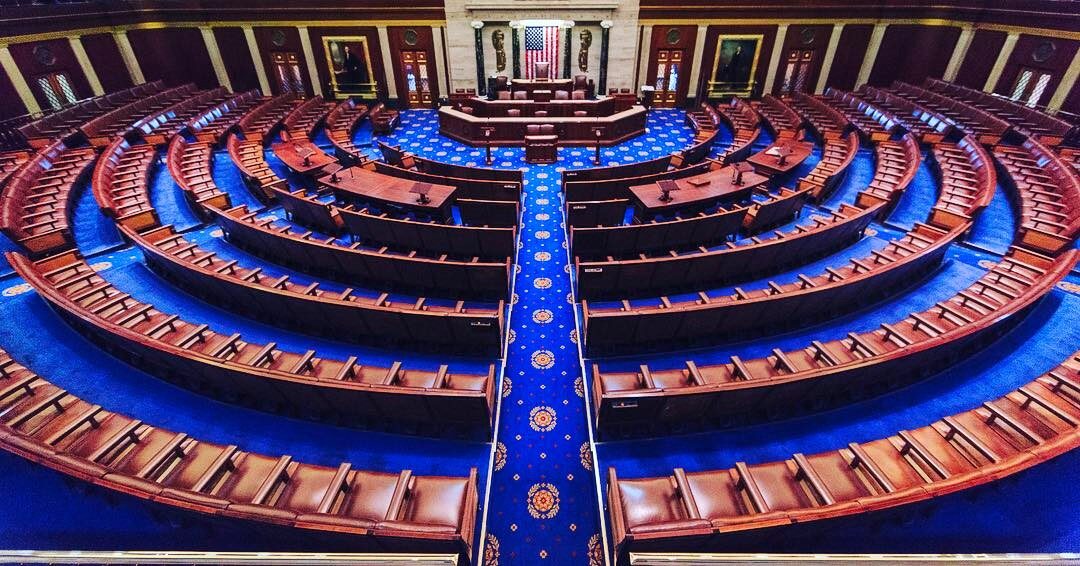The Solar Energy Industries Association (SEIA) outlined a handful of priorities that it urged federal lawmakers to adopt as part of the $1.2 trillion infrastructure package currently under consideration.
The priorities were included in a letter that SEIA President and CEO Abigail Ross Hopper sent to Chairman Richard Neal of the House Ways & Means Committee and that was shared with pv magazine USA. The letter highlighted policies to help fully decarbonize the electric grid, including a long-term investment tax credit (ITC) extension with direct pay, a storage ITC, domestic manufacturing incentives, grid upgrades and workforce development provisions.
(Read “Here’s what Biden’s infrastructure bill offers solar and cleantech.”)

Image: SEIA
When the infrastructure bill was introduced at the end of March, Ross Hopper called it a “significant step in meeting our collective clean energy goals.” She said the plan would create jobs, spur the economy, face the climate crisis, and advance environmental justice.
In her July 8 letter to Neal, Ross Hopper wrote that solar makes up just over 3% of electricity generation nationwide. To modernize the grid and meet climate goals, she said that solar “must account for at least 20% of U.S. generation” by the end of the decade and 40-50% by 2035, a scale that would require quadrupling the current pace of installations by 2030. “We are in a race against time,” she wrote.
Her letter on behalf of the industry outlined six priorities, including:
- Lengthening and strengthening the solar ITC to fill as much of the 10-year budget window as possible and increase the credit back to at least 30%. “SEIA strongly supports tax policy that is durable and predictable,” the letter said, adding that “the core of that policy is the ITC.”
- To reach deployment goals, SEIA urged support for 100% direct pay to ensure ongoing financing, keep the industry growing, and deploy solar rapidly.
- The letter also urged that standalone energy storage be added to the ITC. It said that solar plus storage “has a critical role in meeting our nation’s energy needs” and enhancing the resilience of our electricity supply. The letter urged Neal to protect fair competition and retain current tax policy with regard to normalization. She said that monopolistic entities control the nation’s transmission and distribution corridors, in most cases are owned by investors and not the public, and enjoy “tremendous tax and financing advantages available to no one else in the tax code.” She said that the Ways and Means Committee “has always stood strong against a change to normalization,” and urged the committee to “remain steadfast for the sake of the climate and ratepayers.” She said that the GREEN Act does not include a normalization opt-out for the ITC for solar or storage, and that doing so “would eliminate a critical guardrail and disrupt technology adoption.”
- The letter also urged providing “significant support” to help grow American solar manufacturing, and said that that the U.S. investment in domestic renewable energy manufacturing “has languished for many years.” SEIA urged the Committee to implement long-term federal tax policies that promote sustained solar deployment through the ITC and incentivize private sector investments in domestic solar manufacturing. The letter noted that the Committee is considering domestic content requirements and urged Members to “avoid policies which are overly restrictive and unnecessarily harm solar deployment.”
- SEIA also expressed support for addressing grid resilience and necessary upgrades to accommodate new renewable energy, including transmission and interconnection. SEIA said it backs federal tax support for grid upgrades, including tax credits for building necessary transmission lines as well as ensuring interconnection costs for community solar and smaller projects qualify for the ITC.
- Ross Hopper also urged “equitable workforce policies” that meet the needs of the growing renewable industry, and said that equity and opportunity represent core industry values.
Jinko Solar targets shipping bottlenecks
Jinko Solar signed a cooperation agreement with Maersk (China) Shipping Co. to develop what it said would be “flexible and convenient solutions” to manage a shortage of containers due to the pandemic and to improve transport efficiency. Jinko said it expected that expanding its shipment capacity will support its growth over the next few years. It said its goal is to share more timely shipping information and provide “long-term logistics solutions” to customers.
Interstate highways as clean tech corridors
New legislation introduced in both the Senate and House would permit clean energy generation, high-speed internet transmission, and electric vehicle charging infrastructure on highway rights-of-way.
The Senate bill, introduced by Sen. Jon Ossoff (D-GA) would allow state transportation departments to use interstate highway rights-of-way for renewable energy generation projects; electrical transmission and distribution projects; broadband internet projects; and electric vehicle or other clean alternative fueling stations. The bill is similar to legislation introduced by Georgia Congressperson Carolyn Bourdeaux in the House.
The bill also would encourage states to manage highway rights-of-way with environmentally sound vegetative practices, like growing native grasses or pollinator meadows instead of turf grass.
This content is protected by copyright and may not be reused. If you want to cooperate with us and would like to reuse some of our content, please contact: editors@pv-magazine.com.









By submitting this form you agree to pv magazine using your data for the purposes of publishing your comment.
Your personal data will only be disclosed or otherwise transmitted to third parties for the purposes of spam filtering or if this is necessary for technical maintenance of the website. Any other transfer to third parties will not take place unless this is justified on the basis of applicable data protection regulations or if pv magazine is legally obliged to do so.
You may revoke this consent at any time with effect for the future, in which case your personal data will be deleted immediately. Otherwise, your data will be deleted if pv magazine has processed your request or the purpose of data storage is fulfilled.
Further information on data privacy can be found in our Data Protection Policy.